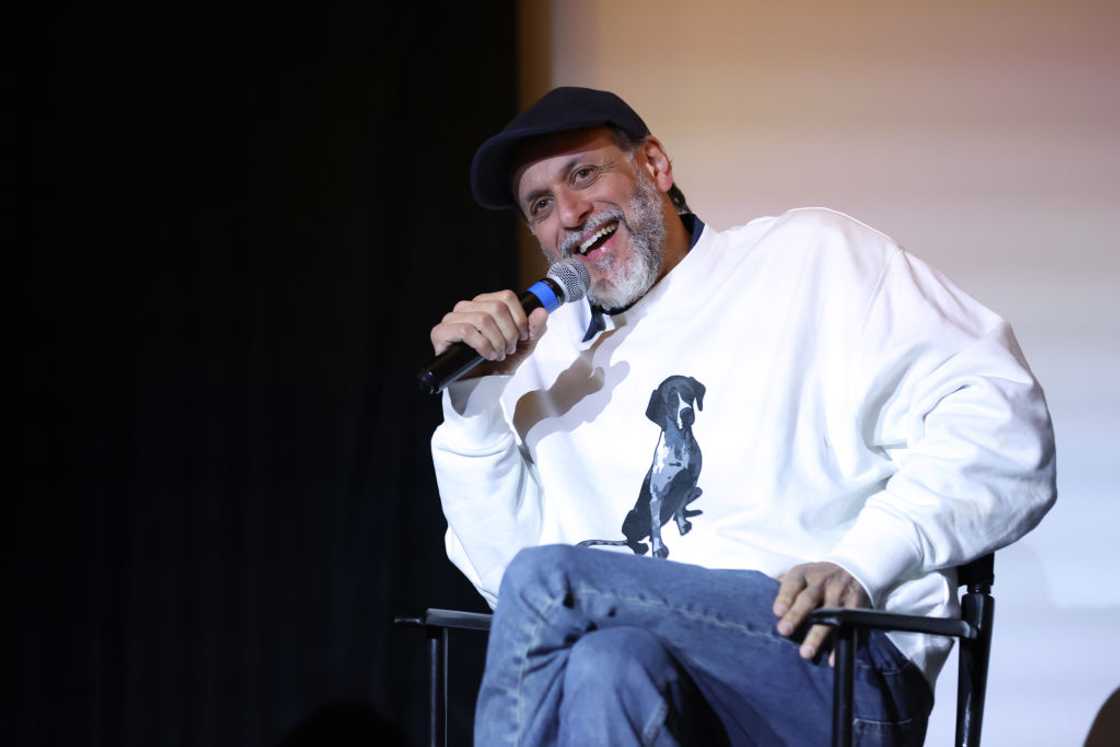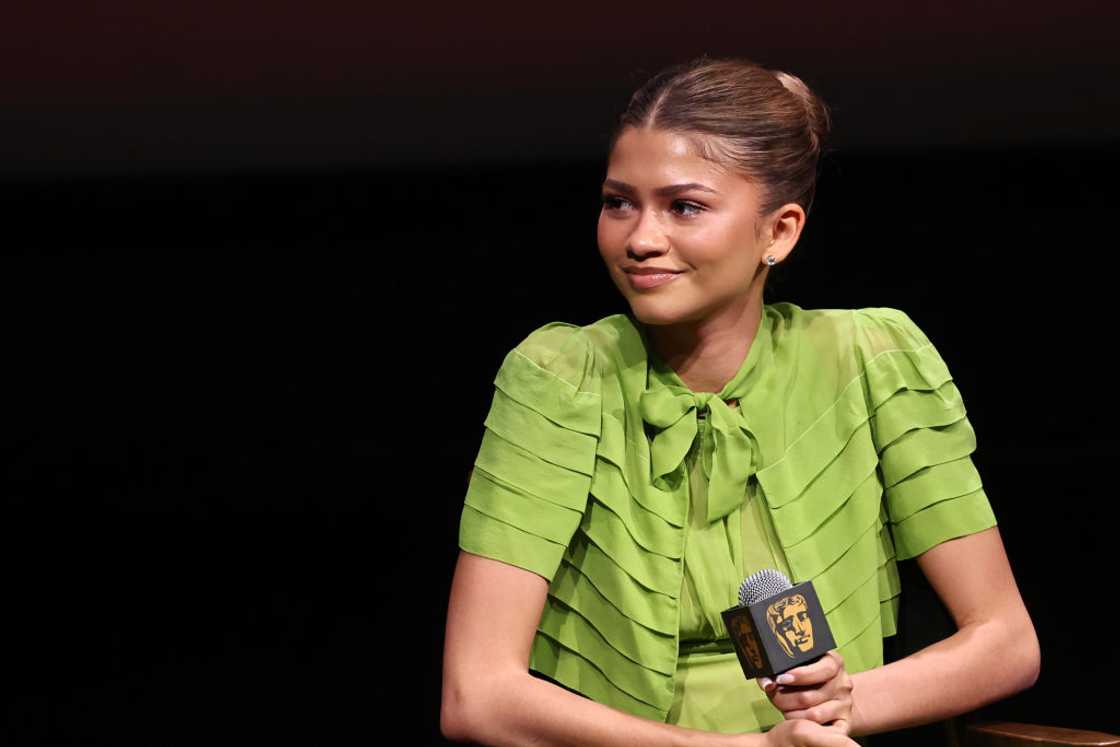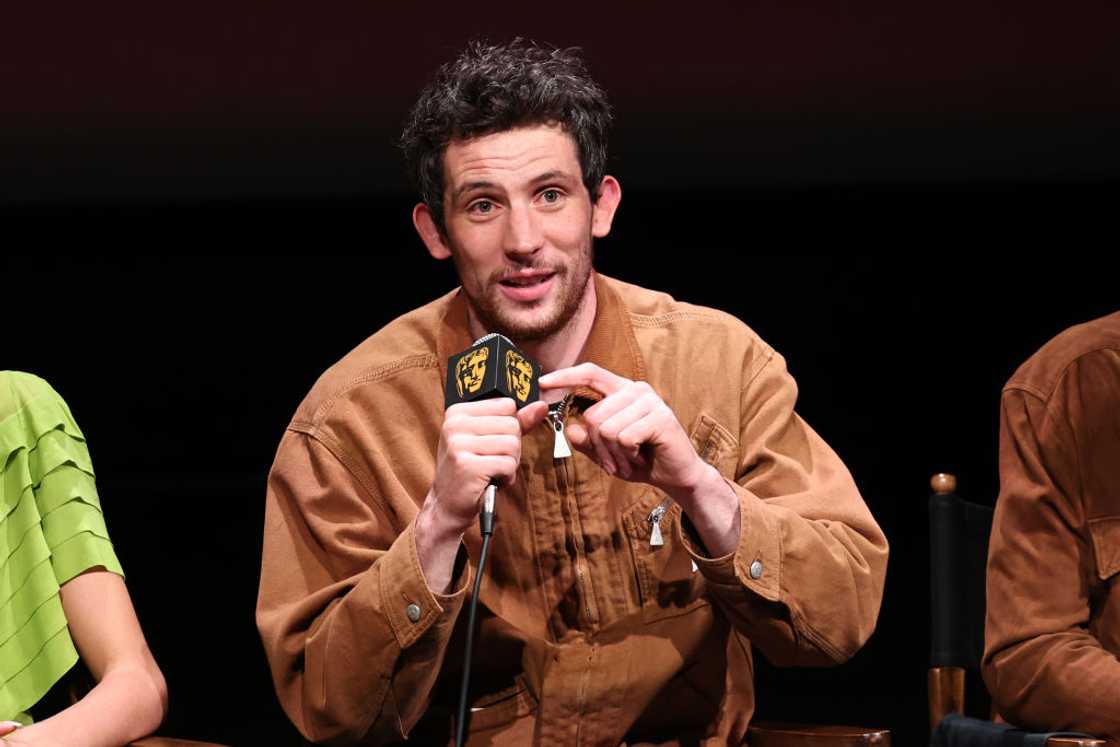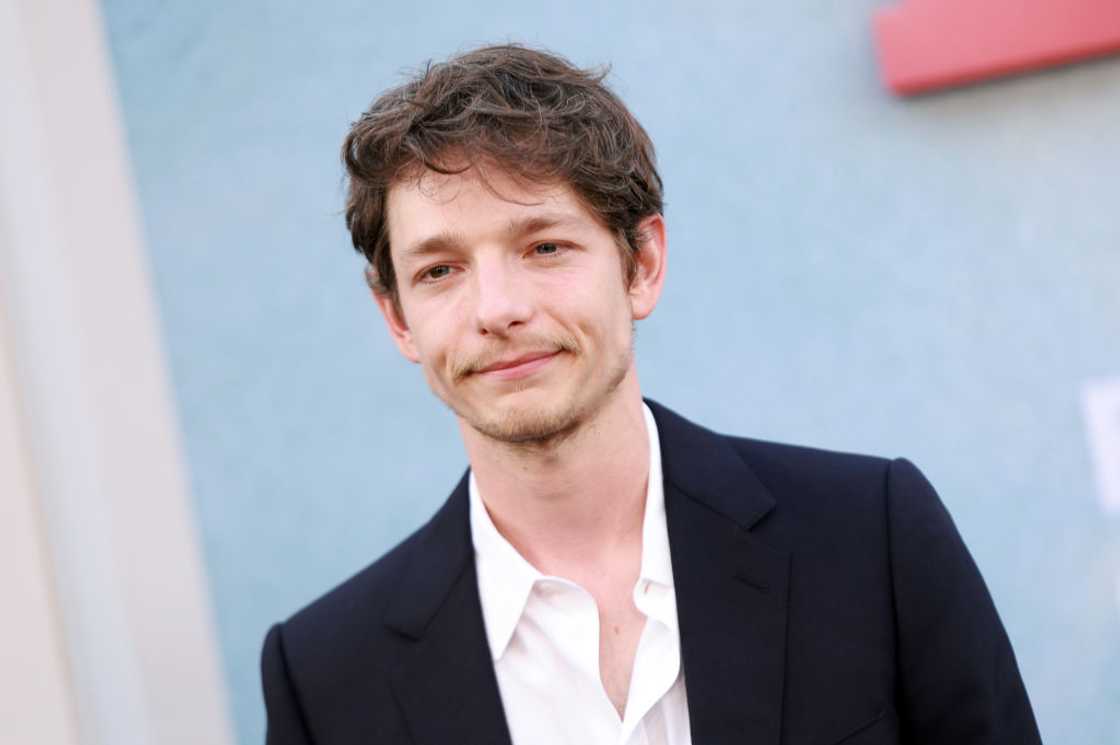Over the past few months, film lovers and tennis fans in Nigeria, Ghana, and across West Africa have been buzzing with questions about a certain film—especially whether it’s based on real events. The 2024 movie has generated serious discussion due to its emotionally charged storytelling and lifelike tennis drama. Here, we break down what’s fact, what’s fiction, and how the film blurs that line so convincingly for African audiences and global viewers alike.
TABLE OF CONTENTS
Key takeaways
- The film’s plot and characters are entirely fictional, not based on any true-life tennis players or actual sporting events.
- Its authenticity stems from dedicated research into the sport and emphasis on emotional realism rather than direct biography.
- The movie captures universal experiences—competition, ambition, love, and loss—making it relatable beyond the world of tennis.
- Nigerian and West African fans are embracing the film for its compelling story, even as debate continues over which sports movies most closely reflect real athletes’ lives here and abroad.
Is it based on a true story? Unpacking the tension between fact and fiction
Since its release, the 2024 film has captivated viewers with its high-stakes tennis matches and deep psychological drama. The performances, cinematography, and narrative detail are so persuasive that even seasoned West African sports journalists admit they had to do a double-take to confirm whether the story was adapted from real life. If you’ve been wondering about its true origins or connections to the professional tennis scene, we have answers that clear it all up for local and global fans alike.
1. Pure fiction, but it hits close to home

Source: Getty Images
At the centre of the film is Tashi Duncan—a fiercely ambitious woman played by Zendaya, who has made headlines globally for her transformative roles. Tashi once stood out as a tennis whiz-kid, but now operates as a coach steering her husband Art and her former flame Patrick through the fires of competition. Through brief, non-linear storytelling, the film explores obsession, heartbreak, and the thin line between victory and regret.
Even though these characters don’t represent actual athletes, their motivations and struggles feel authentic. According to American screenwriter Justin Kuritzkes, the script aimed to dissect the intersections of romance, rivalry, and ambition—emotions that resonate with global audiences and particularly with sports fans in competitive environments like Nigeria’s.
2. How Luca Guadagnino injects realism into fiction
Award-winning director Luca Guadagnino—recognised for captivating films known to many African cinephiles—infuses an extra layer of realism. While the narrative isn’t based on a particular tennis match or biography, Guadagnino reportedly studied real tournaments, analyzing body language, tempo, and the mind games that ordinary fans don’t always notice.
This painstaking effort lifts the film above routine sports dramas and accounts for the realism that has generated debate among West African tennis players and coaches. From the bustling Lagos tennis courts to viewing centres in Accra, sports enthusiasts appreciate the film’s credible representation—even as they confirm its story is fiction.
3. The authenticity of high-stakes competition
Audiences who have witnessed live tennis in Abuja, Abeokuta, or the national stadiums of West Africa often comment on the film’s authentic match sequences. The emotional breakdowns, training regimens, and psychological warfare between players evoke the experiences of actual athletes.
In fact, Zendaya underwent professional training—according to Variety—to convincingly portray a seasoned competitor. While the film’s setting and matches are fictional, the feelings of isolation, pressure, and desire shared by African and international stars are vividly captured.
4. Universal themes: Why the film resonates in Nigeria and beyond

Source: Getty Images
Many viewers from Lagos to London find aspects of their lives mirrored in the film’s storylines. Rivalries—whether in sports, relationships, or the workplace—are universal. Tension, burnout, and searching for identity are realities familiar from Nigeria’s universities to Ghana’s sports academies.
In the film, tennis is a backdrop for much deeper conversations about power, vulnerability, and human ambition—a theme echoed by many Nollywood dramas that also center on self-discovery amid adversity.
5. Zendaya’s Tashi: Inspired by, but not identical to, real-life champions
Tashi’s relentless drive and unapologetic attitude remind fans of real-world tennis legends. Yet, according to an interview cited by The Hollywood Reporter, screenwriter Kuritzkes confirmed that Tashi is not modeled after Serena Williams, Naomi Osaka, or any single icon. Instead, her character draws on familiar elements—determination, charisma, and ambition—which are common to successful female athletes on every continent, including Nigeria’s own tennis pioneers.
If you see glimpses of greats like Serena Williams, Maria Sharapova, or Billie Jean King, it’s because the traits of elite competitiveness and resilience are both global and timeless.
6. Creative storytelling takes priority
Unlike biographical films that must remain true to history, this film enjoys freedom to experiment with nonlinear storytelling, fierce emotional exchanges, and imaginative plot twists. This creative leeway allows the filmmakers to present dynamics not directly pulled from real headlines—but rooted in emotional truth.
For Nigerian filmmakers and screenwriters, this is a reminder of the power of fiction to explore issues that aren’t always possible in traditional documentary or historical retellings.
7. Tennis professionals weigh in: Local and global expert reactions

Source: Getty Images
According to a review by Tennis World Nigeria, many local and international tennis professionals appreciate the film’s accurate depiction of the sport’s physical demands and mental challenges. Zendaya’s athletic transformation caught the eye of young Nigerian tennis prospects, while experienced analysts noted that, although the film did not base its characters on actual players, its technique and style rang true.
Speaking to The Guardian, former pro Andrea Petkovic acknowledged, “The film got almost everything right about tennis—except maybe the glitz and glamour, which is not what we experience day-to-day.” She added:
I will admit that sports movies are hard to pull off. Too often, they rely on that one cathartic moment when it all comes together and the protagonist’s struggles are forgotten in victory. Challengers is not that. It is something entirely different and, spoiler alert, I loved it. I never thought I would write these words, but it’s a very sports movie. Which is, interestingly, the only thing it gets wrong about tennis.
8. The love triangle: Pure storytelling, not real-life scandal
The romance and jealousy at the heart of the film are pure fiction. Unlike tabloid scandals involving real athletes, the relationships in this movie exist purely within the screenwriter’s imagination, designed to heighten tension and test characters’ limits.
Fans in Lagos, Kumasi, and Johannesburg agree: while it’s fun to speculate, this tangled love story isn’t pulled from any true-life biography, but still succeeds in stirring debate and emotional response across social media.
9. Blending real feelings with an invented world
So why do so many people—even those far from the world of tennis—find the story so real? The answer lies in the universal experiences embodied by the central characters: fear of losing, longing for validation, and the sting of betrayal.
Screenwriter Kuritzkes and director Guadagnino deftly weave these emotions into their narrative, achieving a story that—though entirely imagined—feels incredibly personal. This resonates powerfully with Nigerian audiences, where competitive spirit and the desire for success run deep in every sector of society.
10. Why the story strikes a chord: A mirror for every viewer

Source: Getty Images
Ultimately, the film isn’t grounded in factual events—but its storytelling is so rich, audiences often see their own journeys reflected back at them. For any Nigerian who’s dealt with feeling overlooked, striving for acceptance, or navigating love amid challenges, this film is proof that cinematic truth runs deeper than headlines alone.
The result is a movie that reaches across borders, echoing with people from Lagos to New York—proving that a compelling story, well told, is meaningful regardless of whether it’s strictly “true.”
Is Tashi Duncan a real person?
Despite her lifelike portrayal and relatable struggles, Tashi Duncan is not based on any actual tennis star. According to statements from screenwriter Kuritzkes, the character was crafted from scratch to embody the spirit, drive, and charisma seen in accomplished sportswomen worldwide—including West African stars.
Is the film an adaptation?
The answer is no. The storyline is original—written directly for the screen by Justin Kuritzkes. While the movie feels as detailed and layered as an epic novel, it isn’t inspired by or adapted from any published book, but instead breaks new ground through its character-driven script.
Did real tennis tournaments inspire the movie?
Although the filmmakers observed professional tournaments and painstakingly recreated the sport’s atmosphere, the plot does not draw from any specific event or actual championship. The action arises entirely from the imagination, though the competitive tension will feel familiar to anyone who’s lived or watched sports in Africa’s vibrant local circuits.
What are the film’s central themes?
The film tackles themes such as ambition, rivalry, love, and self-discovery. Tennis—used as a metaphor for control and vulnerability—serves as the framework through which the complexities of the human heart are explored. These themes resonate deeply with African audiences for whom competitive achievement and personal sacrifice are everyday realities.
Is the film worth watching?
According to major entertainment outlets and popular African film reviewers, the movie stands out for its fearless storytelling, sharp direction, and strong performances—particularly from Zendaya. Sports and Nollywood movie fans alike praise how it balances adrenaline-filled match scenes with nuanced emotional drama. Its impact has led to vibrant discussions among film clubs and fan groups on WhatsApp and X (formerly Twitter).
A finale open to interpretation
The final act climaxes with a heated tennis showdown between Art and Patrick, with Tashi standing at the emotional crossroads. The movie concludes not with clear winners or losers, but with the characters facing an unresolved, tension-filled future—mirroring many real-life situations where closure is elusive.
In summary, while the film is not based on true events, its emotional honesty and respect for the spirit of competition make it especially relevant to West African viewers. It is an achievement in blending inspiration and artistic imagination, reminding us that even fictional stories can carry truths that resonate across borders.
For anyone interested in whether other iconic movie characters are real or fabricated, Legit.ng recently ran a detailed piece on Michael Myers—another example of a fictional creation that blurs the line between legend and reality.
What do you think about the portrayal of ambition and rivalry in this film—does it remind you of experiences in Nigerian or West African sports, schools, or workplaces? Share your view in the comments!
Want your voice heard or have a unique film-related story from West Africa to share or sell? Reach out to us at story@nowahalazone.com to get featured or discuss your story idea. For media tips or more info, our team is ready via support@nowahalazone.com.
Follow us for the latest entertainment, sports, and trending news from Nigeria, West Africa, and beyond: Facebook | X (Twitter) | Instagram.
We look forward to hearing your stories and keeping the conversation going!










